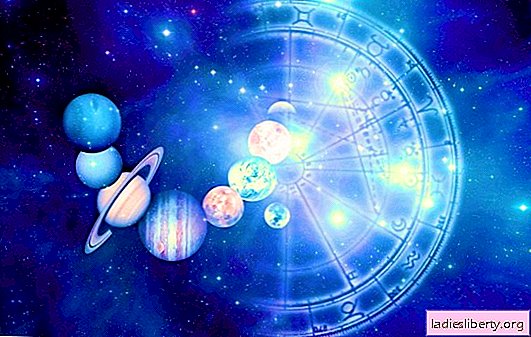
What could be the connection between sleep and nutrition? New research in this area shows how lack of sleep can affect the human brain. The experiment consisted in the fact that 23 absolutely healthy people were selected for participation. The whole experiment was divided into two parts, both of which were carried out using magnetic resonance imaging.
In the first part of the experiment, people were involved after a normal night's sleep, and in the second, people who were deprived of sleep. During both parts, participants had to evaluate the attractiveness of certain products for them. These products were alternately shown to them while they were in an MRI. The author of the study is Stephanie Greer. Her main goal was to see if certain parts of the brain that were associated with the food process were involved in the survey.
The results of these studies have shown that lack of sleep leads to a significant weakening of brain activity when choosing food for consumption. Most of those who slept well preferred vegetables and fruits, and those who had a lack of sleep preferred sweets and pastries. They explained this by the fact that with lack of sleep, when the choice of food occurs, the area of the brain that is responsible for the process of "reward" is activated.
It turns out that we seek to reward ourselves for the poor health and discomfort that we experience as a result of lack of sleep. With the help of such food, the body tries to replenish the energy reserve. It should be noted that a full sleep for a person should last at least 8 hours. Provided that the average person goes to bed at twelve in the morning, and gets up at six in the morning, the result is a lack of sleep for at least 2 hours a day.
It turns out that those who monitor their health should not stay up late, so as not to "take" their sleep time, and then "reward" themselves with high-calorie foods.











